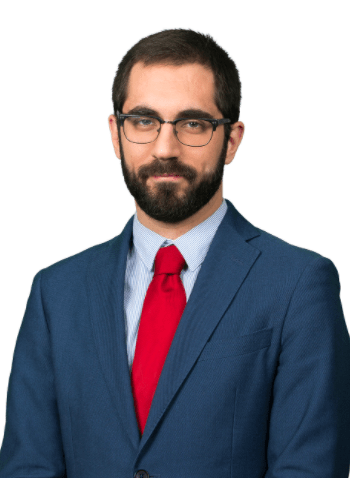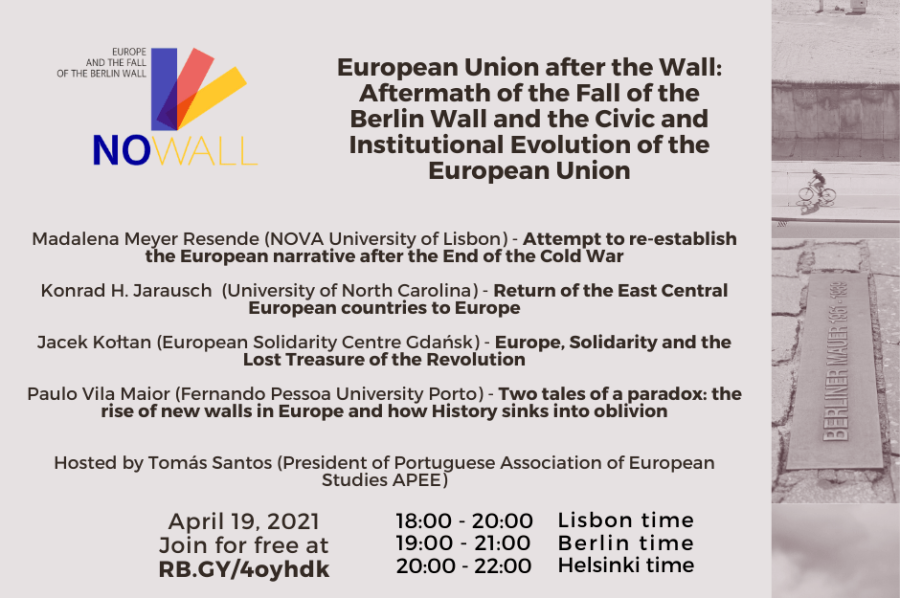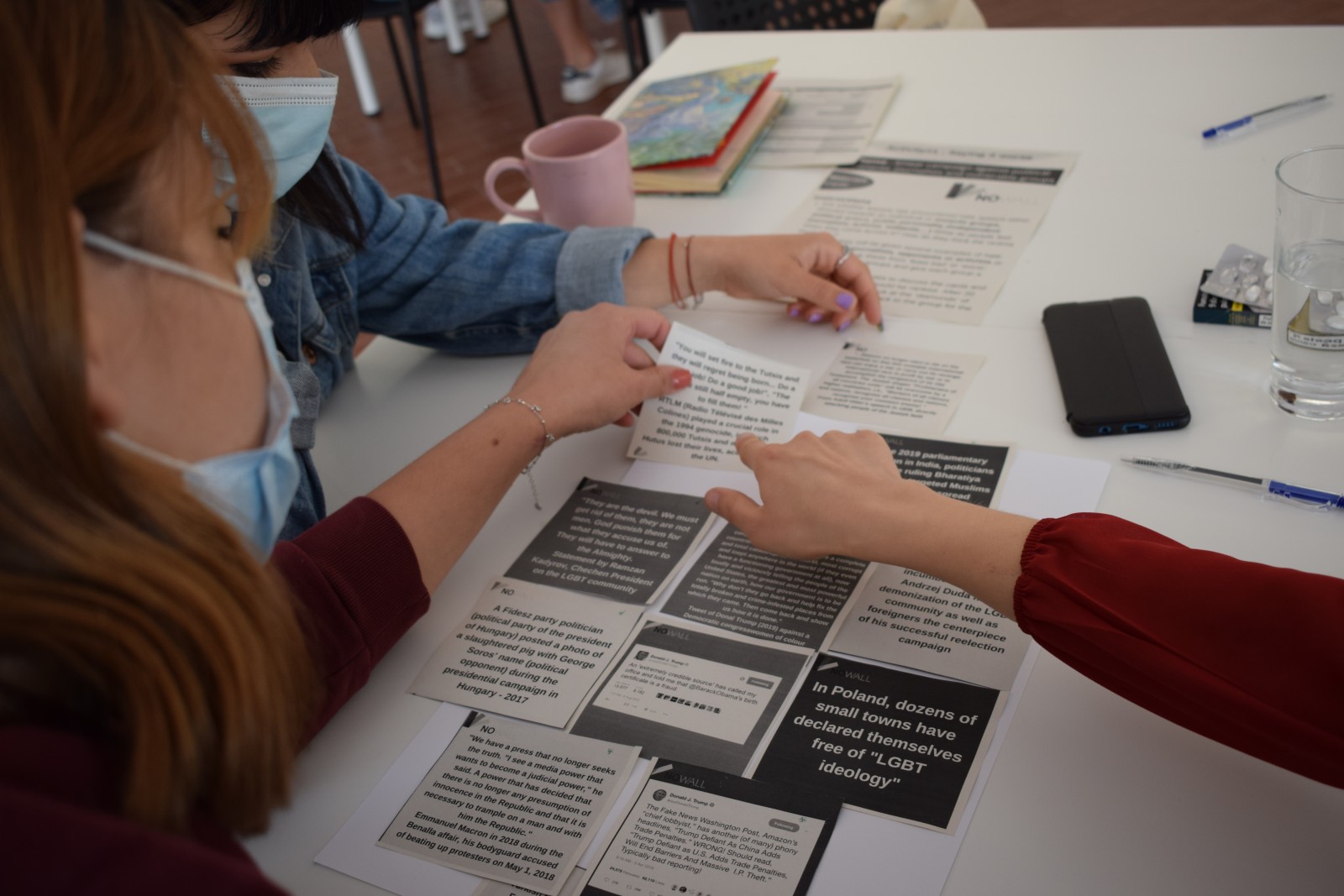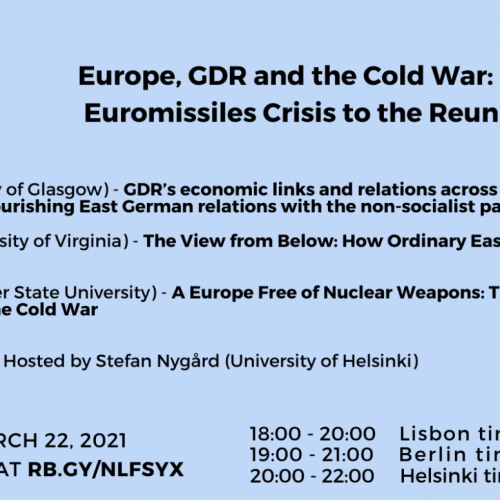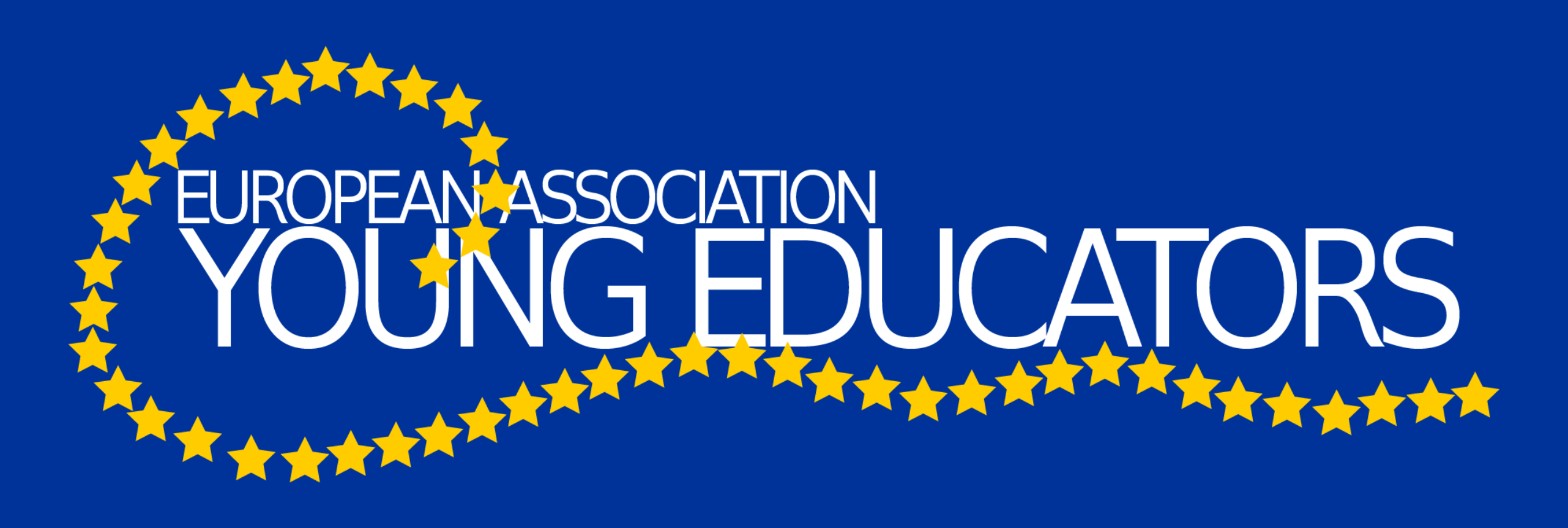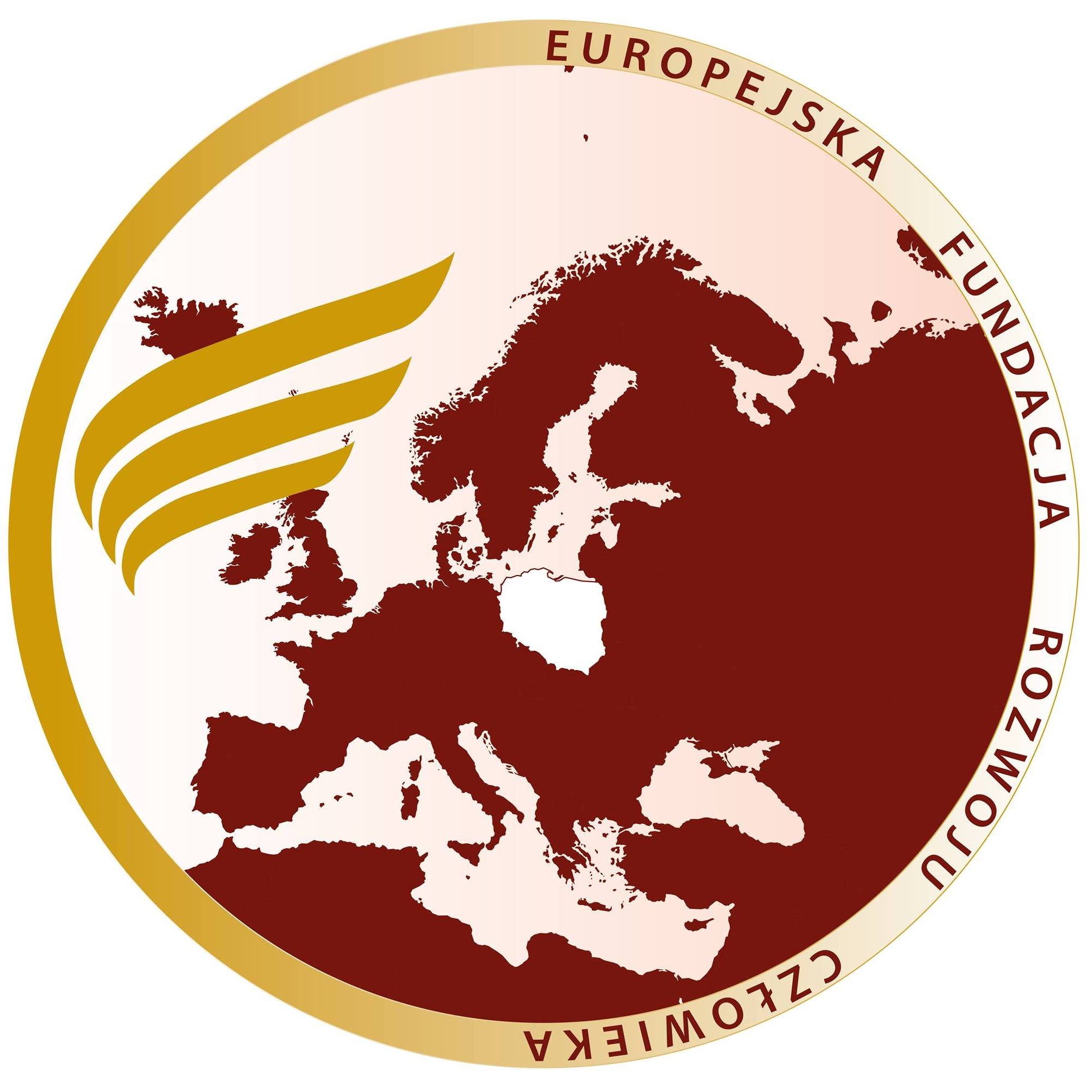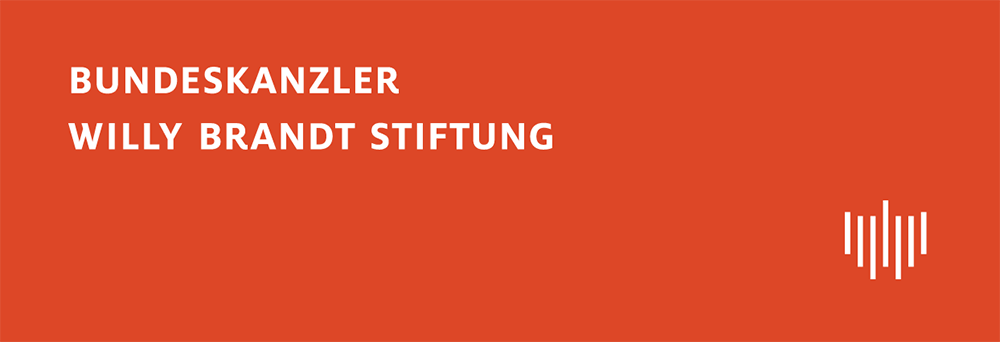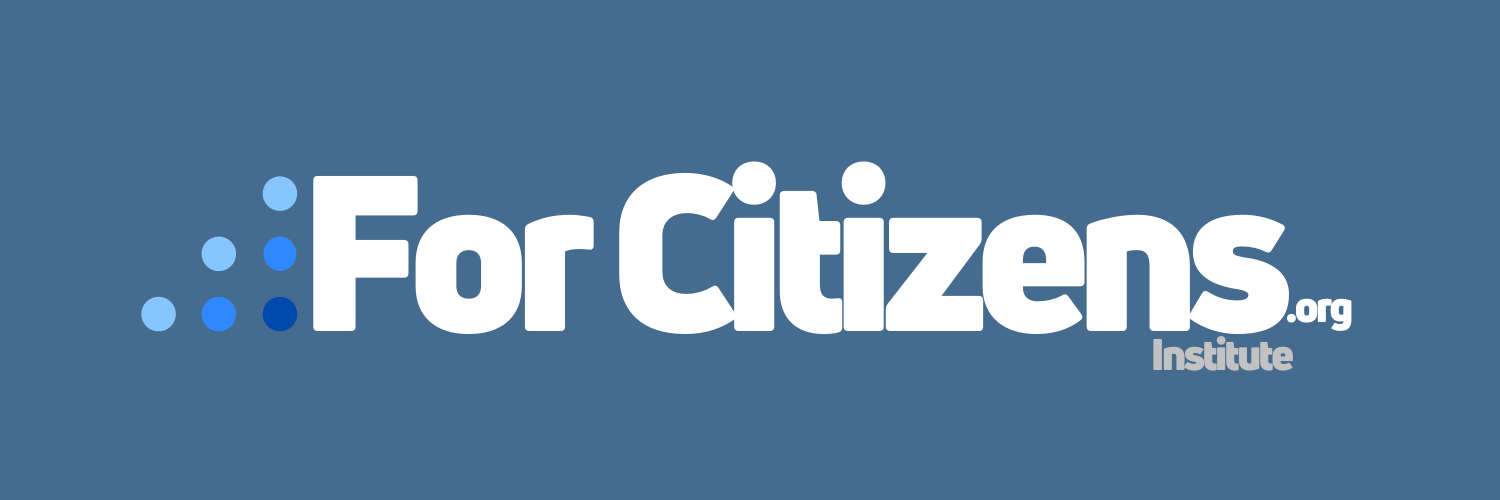After World War II, the countries of Western Europe felt threatened by the expansion of the communist Soviet Union and the growing predominance of the United States. Thus, the idea of European consolidation was becoming more and more important. Strengthened by US economic aid and the policy of containment of communism, Western Europe was gradually integrating. A powerful impulse to tighten European cooperation was the announcement of the American Marshall Plan in July 1947.
On May 9, 1950 French Minister of Foreign Affairs, Robert Schuman, put forward a plan to coordinate the French and German coal and steel economy. Schuman’s plan was picked up by the chancellor Konrad Adenauer and the Italian Prime Minister Alcide de Gasperi. On April 18, 1951 delegates from France, West Germany, Italy, Belgium, the Netherlands and Luxembourg signed in Paris an agreement to create the European Coal and Steel Community (ECSC). The cooperation in the framework of the ECSC has contributed to a strengthening of an unity feeling.
Western Europe was protected by the American “nuclear umbrella”, the center of gravity in integration therefore it moved to the economic level. It was realized that economic integration can vastly expand outlets. On March 25, 1957 the members of the ECSC signed the treaties for the creation of the European Community in Rome Economic Community (EEC) and the establishment of the European Atomic Energy Community (Euratom) for the coordination of activities aimed at the peaceful uses of nuclear energy, e.g. in industry. The aim of the EEC was to create a common market and a customs union.
On April 8, 1965, the treaty on the merger of the executive powers of the ECSC was signed, EEC and Euratom. The joint executive authority of the three communities was the Commission European.
From 1967, the EEC was called the European Community. On January 1, 1973, the EEC was enlarged to include Great Britain, Denmark and Ireland.
In October 1974, the heads of government of the nine countries met in Paris European Community, who established the European Council. Also the establishment of a European Parliament (EP) in Strasbourg was announced. In the beginning of June 1979, the first elections to the Parliament took place.
In 1987, the EEC adopted a common flag: 12 gold stars on a blue background. Although the Soviet threat disappeared after 1989, it was still the political leaders of the states.
The European Community sought to expand a united Europe. On February 7, 1992 the ministers of foreign affairs and finance of 12 EU countries signed in Maastricht in the Netherlands, the Treaty on European Union (EU), which provided for economic and political integration of the member states.
On January 1, 1995, Austria, Finland and Sweden joined the European Union. In March 1995, the Schengen Agreement, which abolished border controls, entered into force between Germany, Benelux, France, Spain and Portugal. During the EU summit in Madrid in December 1995 it was agreed that in 1999 the uniform would be introduced european currency called Euro.
Despite some difficulties, the process of European integration not only did not stop together with the collapse of the Soviet Union, but it was even accelerated, as evidenced by it large enlargement of the European Union in 2004, incl. for Poland, the Czech Republic, Hungary, Lithuania, Latvia, Slovakia.
At the moment European Union comprises 27 member states.
19 April | 18:00 – 20:00 Lisbon time | 19:00 – 21:00 Berlin and Amsterdam time | 20:00 – 22:00 Helsinki time |
Join for free at https://rb.gy/4oyhdk
PROGRAMME
Madalena Meyer Resende (NOVA University of Lisbon) – “Attempt to re-establish the European narrative after the End of the Cold War”
Madalena Resende is Assistant Professor at the Department of Political Studies, NOVA University of Lisbon. Her research focuses on the intersection between religion and politics, on nationalism and on political parties. Her most recent publication is ‘A Holy Alliance between the Catholic Church and Constitution-Makers? The Diffusion of the Clause of Cooperation in Third Wave Democracies.’
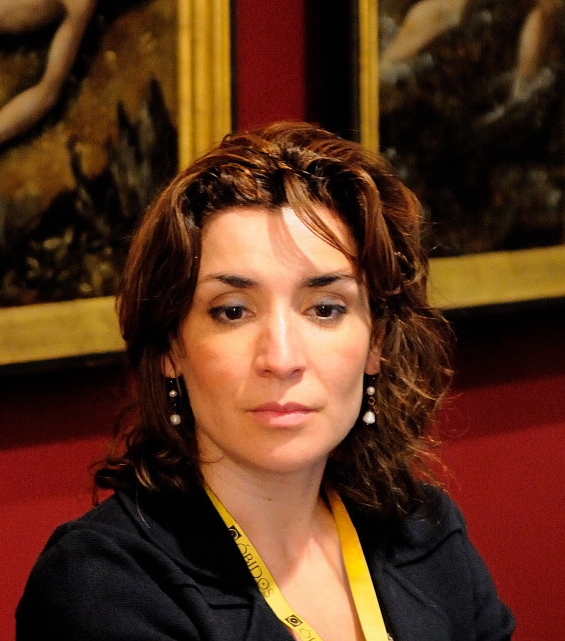
Konrad H. Jarausch (University of North Carolina) – “Return of the East Central European countries to Europe”
Konrad is the Lurcy Professor of European Civilization at the University of North Carolina and the past director of the Zentrum für Zeithistorische Forschung in Potsdam, Germany. Among the many leaves and fellowships he is a double alumnus of the Wilson Center. His about fifty monographs and edited volumes cover German and European history, mostly during the 20th century. Some of his recent books are Reluctant Accomplice: A Wehrmacht Soldier’s Letters from the Eastern Front (Princeton 2007), Out of Ashes: A New History of Europe in the Twentieth Century (Princeton, 2015) and Broken Lives: How Ordinary Germans Experienced the Twentieth Century (Princeton, 2018).
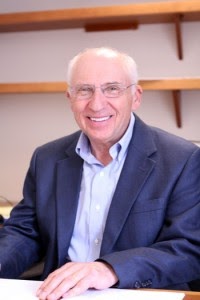
Jacek Kołtan (European Solidarity Centre Gdańsk) – “Europe, Solidarity and the Lost Treasure of the Revolution”
Jacek philosopher and political scientist, Director’s Representative for Research at the European Solidarity Centre in Gdańsk, Poland. He studied at Adam Mickiewicz University in Poznan (Poland), Humboldt-Universität and Freie Universität in Berlin (Germany). He has been a fellow of the KAAD scholarship fund in Berlin (2001–2007) and a visiting scholar of the Catholic University of America in Washington DC (2012). His research interests cover social and political theory, history of solidarity idea, social movements, hermeneutics as well as social design and anthropology. He is author of Solidarity, Democracy, Europe (co-ed. 2021), Solidarity and the Crisis of Trust (ed., 2016), Anthology. European Solidarity Centre Permanent Exhibition (ed., 2015), Solidarność. A Peaceful Revolution (ed., 2009), Der Mitmensch. Zur Identitätsproblematik des sozialen Selbst ausgehend von der Frühphilosophie Martin Heideggers und Karl Löwiths (2012). He teaches at the Academy of Fine Arts in Gdansk and the Warsaw University.
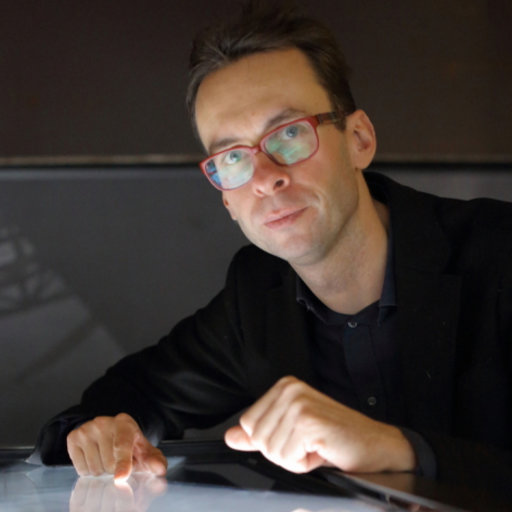
Paulo Vila Maior (Fernando Pessoa University Porto) – “Two tales of a paradox: the rise of new walls in Europe and how History sinks into oblivion”
Paulo is an Associate Professor at the School of Human and Social Sciences, University Fernando Pessoa (Porto, Portugal), teaches Political Economy (the Crisis and the Reform of the Eurozone), Politics of the European Union, and Policies of International Cooperation. He is a Researcher at CEPESE (Centre for Population, Economics and Sociological Studies, University of Porto). He holds a PhD in Contemporary European Studies (Sussex European Institute, University of Sussex, Brighton, UK). He was the Coordinator of the Module Jean Monnet “European Union Politics” at University Fernando Pessoa for the 2007-2013 period. His research focuses on political-economic aspects of the Economic and Monetary Union, with an emphasis on the crisis and reform of the Eurozone. He is also interested in the constitutionalisation of the European Union and on the theorisation of European integration. He has several publications on these issues, both in English and in Portuguese.
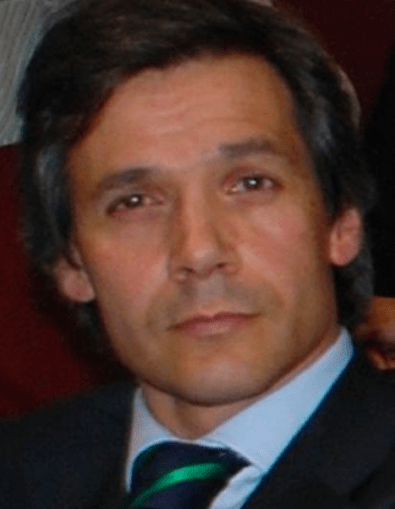
Hosted by Tomás Santos (President of Portuguese Association of European Studies APEE)
Tomás has a law degree, having worked as an advisor at think thank Res Publica Foundation, between 2017 and 2019. Since then, he has been an advisor to Portuguese Deputy Minister of Education of the Portuguese Government. He is also a member in his home city council and the President of the Portuguese Association of European Studies (APEE).
